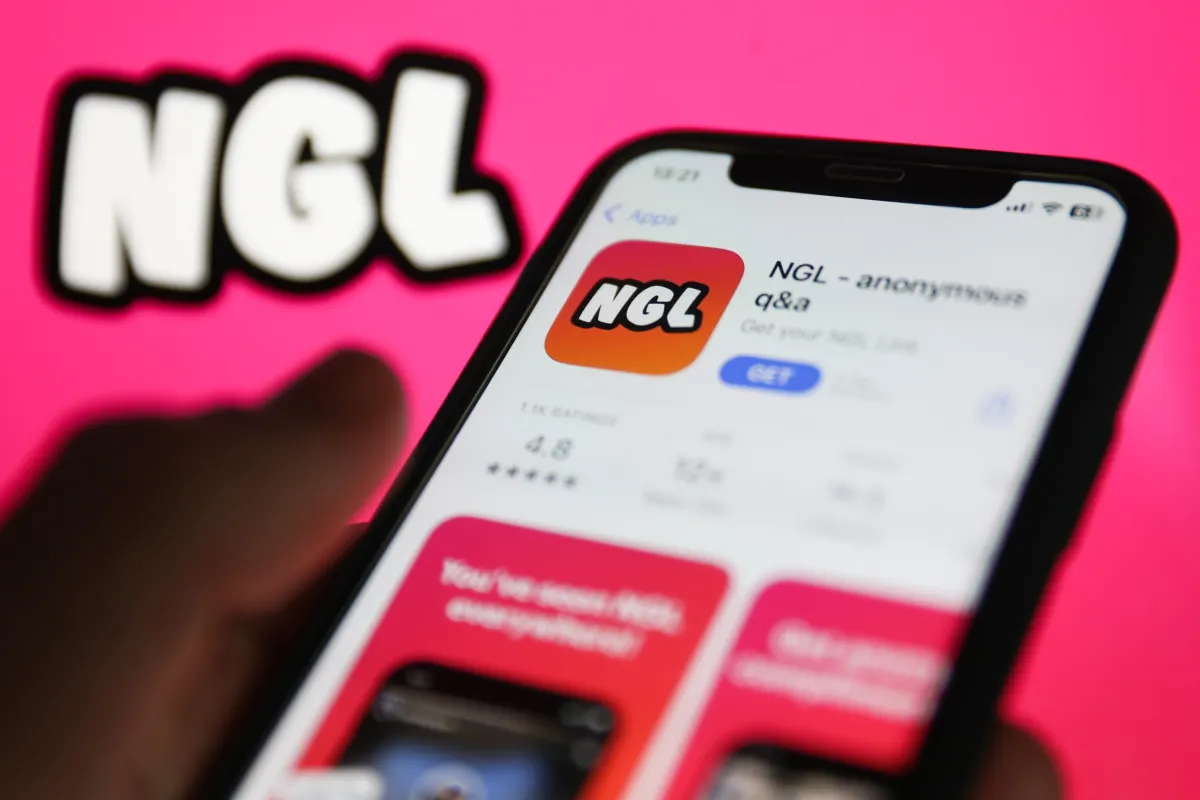In a significant move, the Federal Trade Commission (FTC) has taken action to ban NGL, an anonymous social app, from serving users under the age of 18. This marks the first instance of such a ban, underscoring the FTC’s commitment to protecting minors online. As part of the settlement, NGL will pay $5 million to resolve the lawsuit brought against it.
Launched in 2021, NGL gained popularity by allowing users to post links to their social accounts for anonymous questions. However, both the FTC and the Los Angeles District Attorney’s office accused NGL and its co-founders of targeting minors with deceptive marketing tactics. Specifically, they alleged that NGL falsely claimed its AI-based content moderation system could effectively filter out harmful messages and cyberbullying.
The complaint further accused NGL of misleading users into paying a $9.99 monthly subscription fee by sending fake questions that appeared to be from real people. TechCrunch’s investigation in 2022 revealed instances where NGL sent fake questions shortly after posting links, despite these links being active for only a brief moment. This practice misled users into believing their posts were visible and generating genuine interaction.
When NGL struggled to attract genuine user engagement, the FTC noted, it resorted to automatically generating fake computer-generated questions in 2022. These questions often had provocative or misleading content, such as questioning users’ sexuality or making vague accusations. NGL then encouraged users to subscribe to its paid service to receive hints about the sender’s identity, even though these messages were from bots.
The FTC’s complaint also highlighted the dismissive attitude of NGL executives towards user complaints, reportedly referring to dissatisfied users as “suckers” who fell for their tactics.
Overall, the FTC’s ban on NGL from targeting minors, coupled with the substantial settlement, underscores the importance of transparency and integrity in online platforms, particularly those catering to younger audiences. It sends a clear message about the consequences of deceptive practices in digital marketing and underscores the need for robust protections for minors in the digital space.










